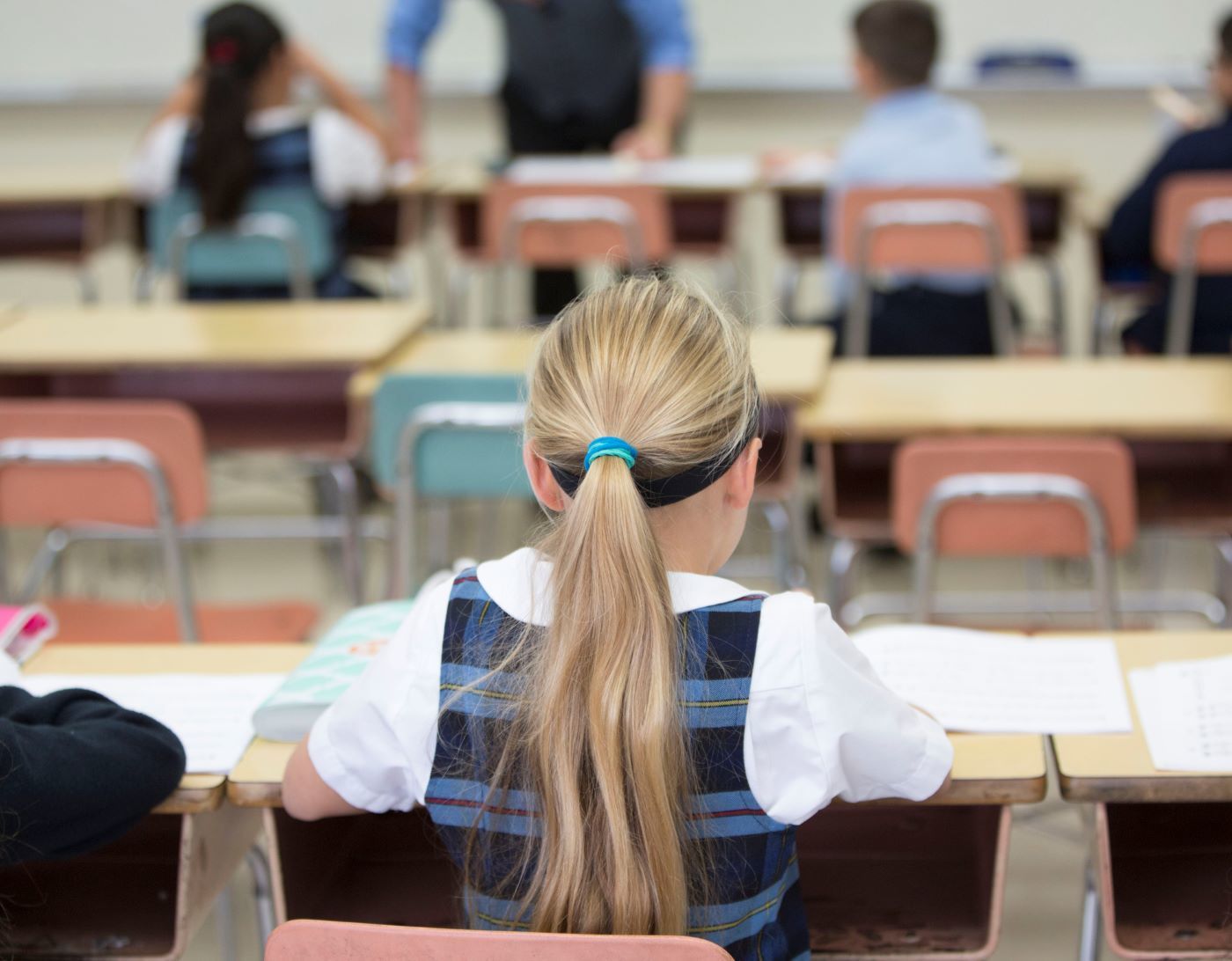Faith, Education, and Law Collide: Supreme Court Weighs Historic Religious Charter School Bid

In a landmark legal showdown, the Supreme Court is set to examine a groundbreaking case that could reshape the landscape of religious education in America. The justices will weigh a controversial proposal from Oklahoma that seeks to establish the nation's first religiously-affiliated charter school, potentially challenging long-standing boundaries between church and state.
This pivotal case has captured national attention, as it promises to test the limits of religious freedom and public education funding. At the heart of the dispute is a bold initiative that would allow a religious institution to operate a publicly funded charter school, a move that could set a precedent with far-reaching implications for educational policy across the United States.
Legal experts and education advocates are closely watching the Supreme Court's upcoming deliberations, recognizing that the decision could fundamentally alter how religious organizations interact with public education systems. The case represents a critical moment in the ongoing dialogue about religious liberty, government funding, and the constitutional separation of church and state.

